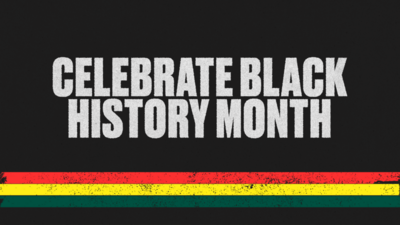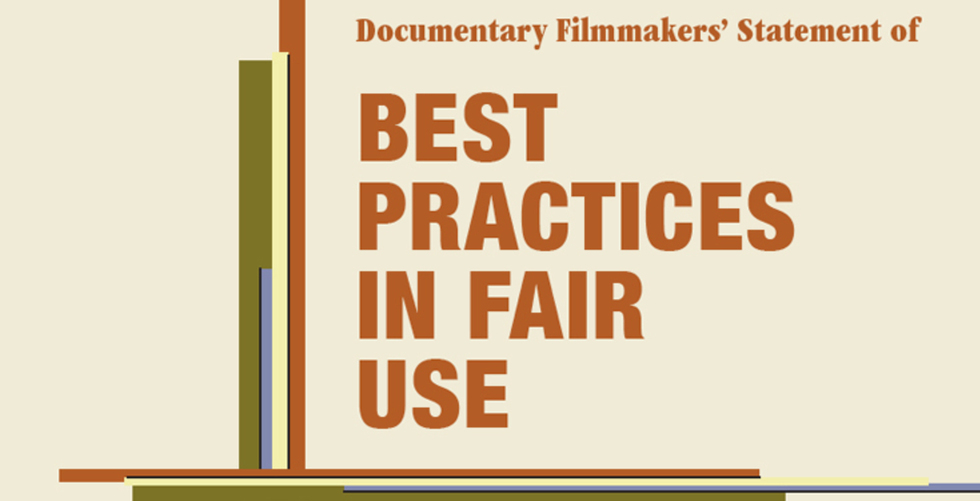
BY PAT AUFDERHEIDE |
Fair Use in a Transmedia World
How do documentary filmmakers apply fair use in a transmedia environment? The Center for Social Media's Pat Aufderheide shows you how.

So far so good. But now what?
Documentary filmmakers have pioneered a more flexible, usable understanding of their right under copyright to fair use, which is the right to quote and re-use copyrighted material under some circumstances. Before 2005, documentarians were prisoners of a “clearance culture,” which often kept them even from starting projects that might involve work they could not clear.
By creating their own, solid and legally sound interpretation of fair use, in a Documentary Filmmakers’ Statement of Best Practices in Fair Use tailored to their own practices, documentarians through their organizations dramatically changed the field. Within a year of issuing the Statement, every errors and omissions insurer in the U.S. accepted fair use claims, which they now typically do without even incremental charges. You still need a lawyer to write a letter saying that your claim falls within the terms of the Statement, but that’s usually an easy letter to write. You can still find lawyers who haven’t read the Statement, but lawyers can learn.
The Statement has reduced clearance costs without hurting copyright owners’ rights. Lawyer Michael Donaldson, who works on Hollywood’s front lines, recently showed how indie filmmakers and major studios alike are using the Statement to lower their costs.
At the same time, footage houses and archives are doing solid business. That’s true for two reasons: 1) Unlike many music and film companies, they hold work that is not easily available in commercial distribution, and 2) They make it easy for people to license their material.
But as documentarians increasingly move into a transmedia environment, many are asking what fair use means outside the confines of a film. The lessons learned by documentary filmmakers are in fact transferable. In fact, the Statement tailors to documentary film the basic logic that applies in any setting to a fair use decision. A fair user needs to ask and answer two linked questions:
Am I using this material for a new purpose, to make something new and different than the original?
Am I using just enough of the original material to serve that new purpose?
Codes of best practices, like the Statement, tailor these two questions for specific situations, and reassure the user about the expectations in the field. Codes such as the Code of Best Practices in Fair Use for Online Video and the Code of Best Practices in Fair Use for OpenCourseWare may be useful for filmmakers moving onto new platforms, such as online video or web-based presentations.
And it’s helpful to remember some other basics:
Fair use applies to all media—and yes, that does mean music, too.
Fair use applies to all owners’ rights. When you employ copyrighted material under fair use, the exemption from clearance applies to all the copyright owners’ rights in the material.
No contractual obligations undertaken. When you employ fair use, you do not license material, and therefore you do not undertake the contractual obligations that the owner did, for instance with celebrities or unions.
There’s no magic number. All you’ve heard about 10% and 400 words and 20 seconds and 7 transformation you can put in the “tired myths” box. If you’re making a “transformative” use—using the material for a new purpose—then you have a right to use the amount necessary. And just that amount.
Some things really are free. In some cases, you don’t need to worry about either fair use or licensing. Read all about it.
For more insights on fair use, go to the Center for Social Media or get the book that Peter Jaszi and I just finished—Reclaiming Fair Use: How to Put Balance Back in Copyright.
Fair Use in a Transmedia World is cross-posted on Tribeca Film Institute's blog.
